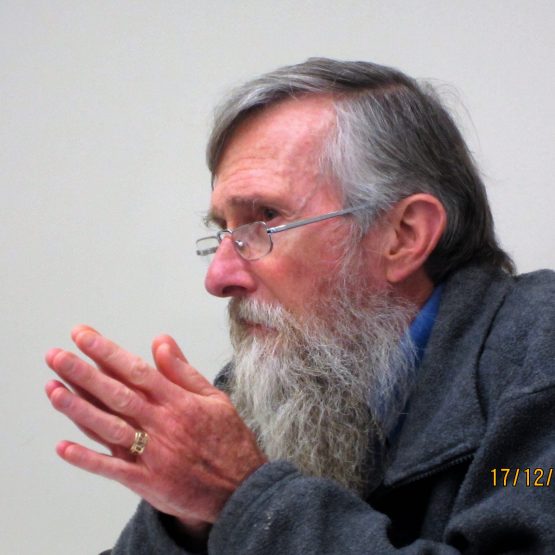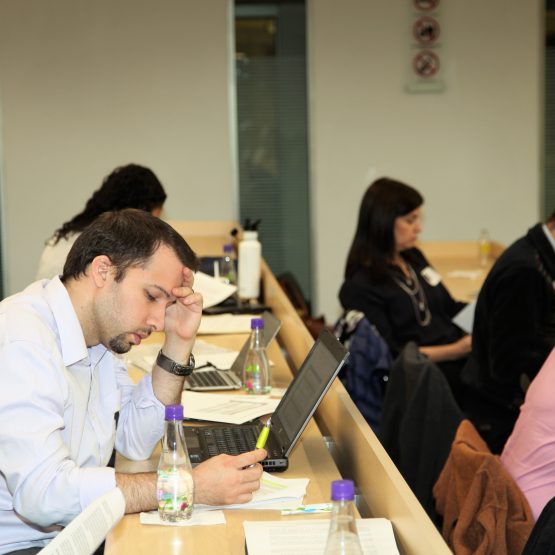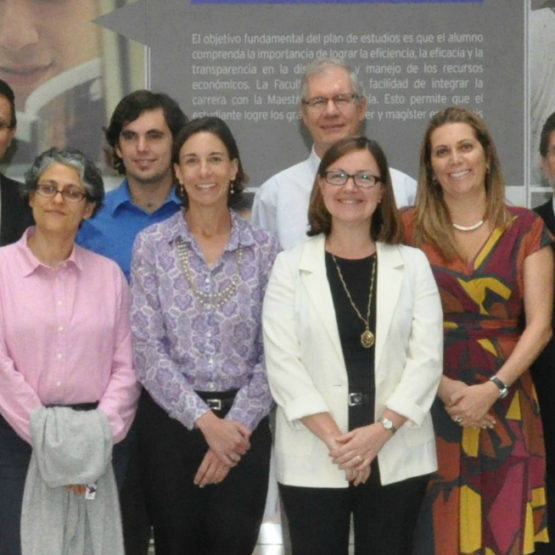Surpass the actual knowledge boundaries of inclusive and sustainable corporate and social initiatives thru the generation of an important flow of new research aiming to become a recognized thinking leader in the topic.
All SEKN publications in English, Spanish and Portuguese will be distributed in all countries of the hemisphere and will have global access through the web, generating a meaningful impact in the academic field to encourage research about inclusive and sustainable corporate and social initiatives. Our dissemination will be available at different communities of social actors and will offer access to a new knowledge database. SEKN will have a broad recognition as a source of knowledge.
The SEKN Network will train, directly and indirectly, through academic courses and executive training programs, thousands of students and executives of inclusive and sustainable corporate and social initiatives. Our educational activity will transform the current and future leaders. Their conscious level will increase significantly, having their capabilities fortified and their attitudes modified. These potentiated skills will result in superior social/enviromental leadership and better organizational performance.
Each one of the participating schools will drastically change forever due to its own participation in the SEKN Network. The social and environmental development will be incorporated in an irreversible way in the mission, the programmatic contents, the educational approach, the flow of investigation and the community service of all participating schools.
SEKN will have global recognition, not only as one of the main sources of knowledge about inclusive and sustainable corporate and social initiatives, but also as a leader in the development of best practices for collaboration and knowledge networks. By encouraging the development of local networks in each one of the participating countries, it will multiply its reach and impact in an exponential way. Likewise, it will have promoted the development of strategic partnerships with diverse international networks.


